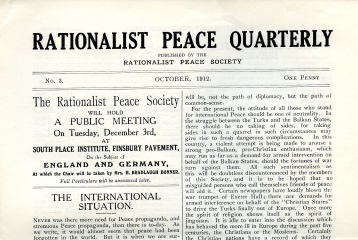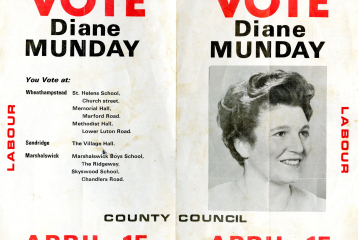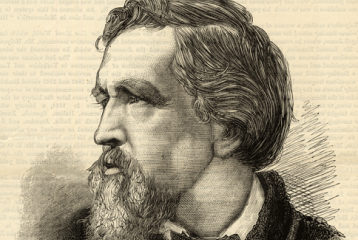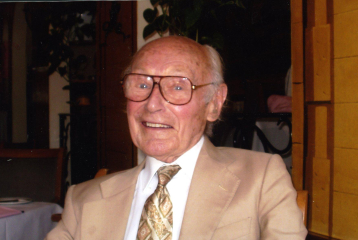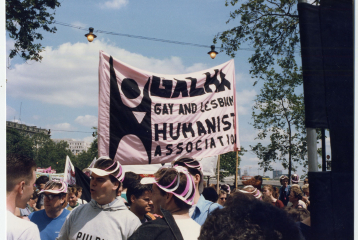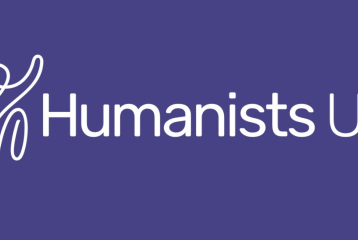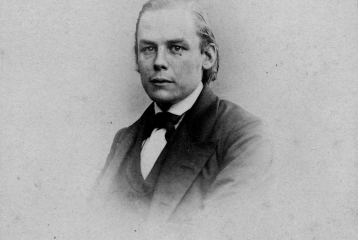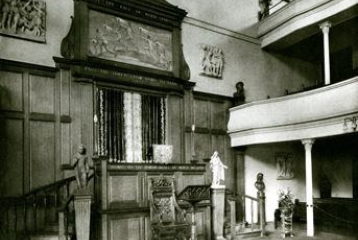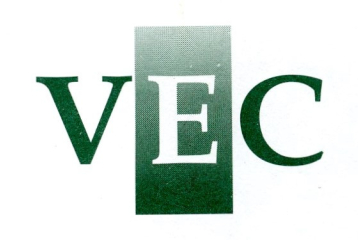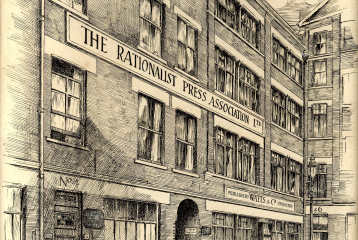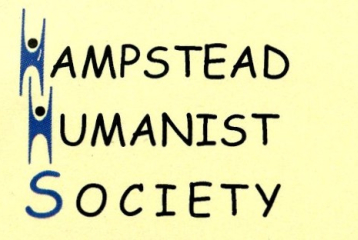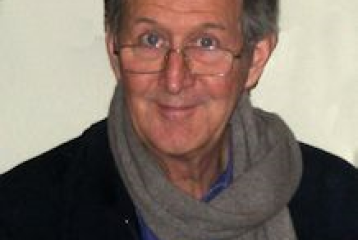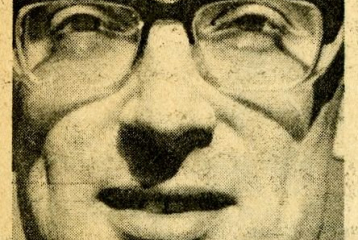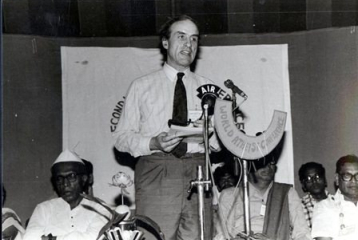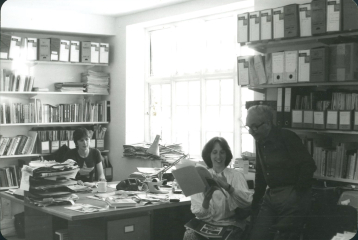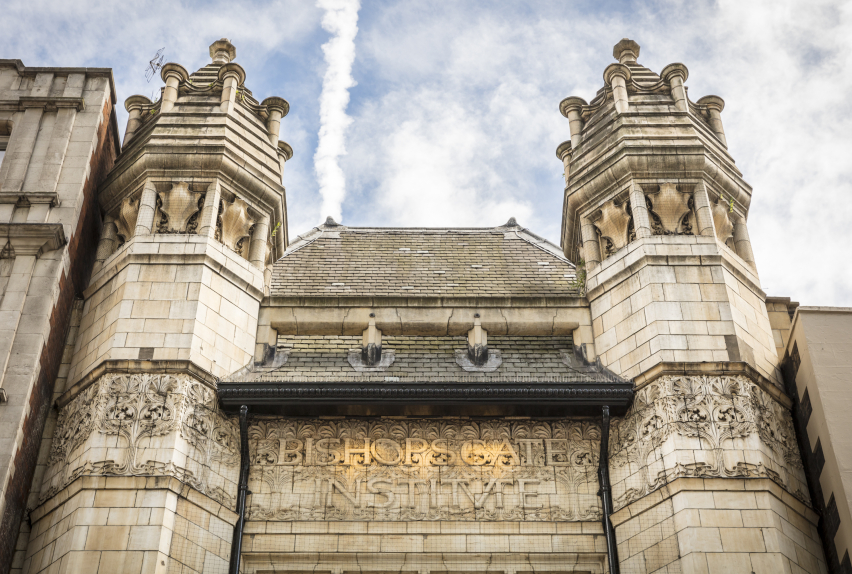Thomas Paine Archive
About this Archive
Administrative/Biographical History
Thomas Paine (9 February 1737 – 8 June 1809) was an English-American political activist, philosopher, political theorist, and revolutionary. One of the Founding Fathers of the United States of America, he authored the two most influential pamphlets at the start of the American Revolution, and he inspired the rebels in 1776 to declare independence from Britain. His ideas reflected Enlightenment-era rhetoric of transnational human rights.
Born in Thetford, England, Paine migrated to the British American colonies in 1774 with help of Benjamin Franklin, arriving in time to participate the American Revolution. His pamphlets ‘Common Sense’ (1776) and the series ‘The American Crisis’ were well received in America, leading John Adams to comment that ‘without the pen of the author of ‘Common Sense’, the sword of Washington would have been raised in vain’.
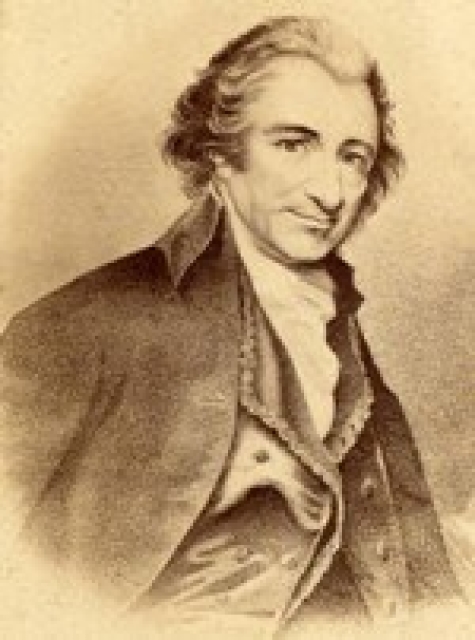
Born in Thetford, England, Paine migrated to the British American colonies in 1774 with help of Benjamin Franklin, arriving in time to participate the American Revolution. His pamphlets ‘Common Sense’ (1776) and the series ‘The American Crisis’ were well received in America, leading John Adams to comment that ‘without the pen of the author of ‘Common Sense’, the sword of Washington would have been raised in vain’.
Paine lived in France for most of the 1790s, becoming involved in the French Revolution. He wrote ‘Rights of Man’ (1791), in part defence of the Revolution against its critics. In 1792, despite not being able to speak French, he was elected to the French National Convention. He was regarded as an ally by the Girondists, and an enemy by the Montagnards, including Robespierre.
In December 1793, Paine was arrested and taken to Luxembourg Prison, Paris. While in prison, he continued to work on ‘The Age of Reason’ (1793-4) in which he advocated deism, promoted reason and freethought, and argued against institutionalised religion. He was released in November 1794 following an intervention by the American politician James Monroe. With his notoriety rising, Paine published ‘Agrarian Justice’ (1797) which discussed the origins of property, and introduced the concept of a guaranteed minimum income.
In 1802 he returned to the United States where he died on 8 June 1809. Despite his influence and connections, only six people attended his funeral because of his ridicule of Christianity.
Scope and Content
Collection of material relating to the life and work of Thomas Paine collected by Hypatia Bradlaugh-Bonner, including: letters to Hypatia Bradlaugh-Bonner regarding Thomas Paine's works, lectures by Bradlaugh-Bonner and a dinner of the Thomas Paine Natural Historical Association,1909 - 1928; four notebooks and one essay on the subject ofThomas Paine, by Hypatia Bradlaugh Bonner, and a memorandum by a "J.H." on the difficulty of accuracy re: the life of Thomas Paine, 1909-1910; pamphlets, 1810-1909; photographs, postcards and prints, c1905; and press cuttings, 1812-1923. (1812-1928)
Quantity
1 box.

